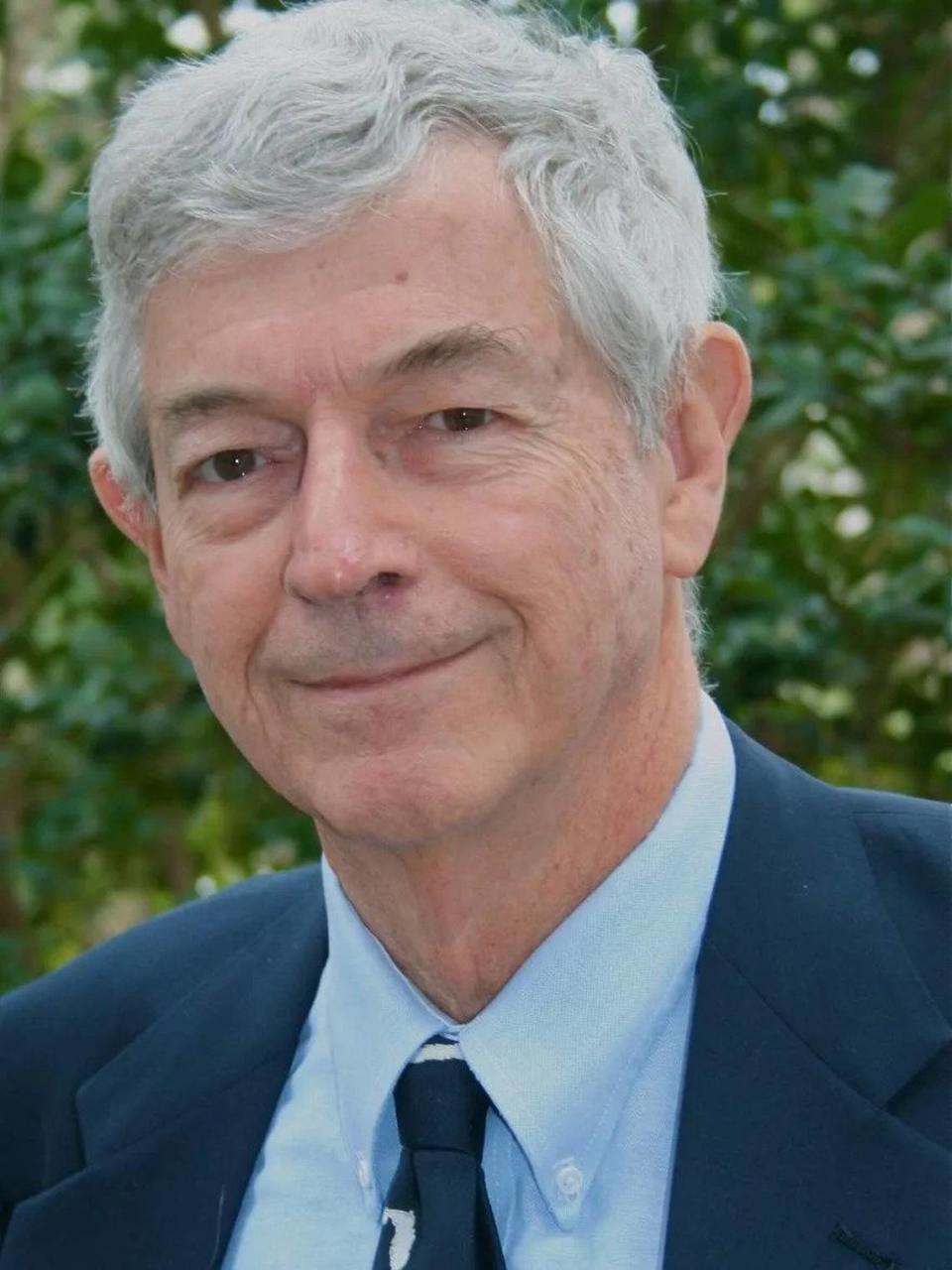The Green New Deal might turn into a raw deal for energy-conscious Americans | Opinion
Two trends in American society may well be on a collision course. In the field of entertainment, choices abound and are rapidly expanding. In real life, not so much.
The riches in entertainment began with “convergence,” the long-awaited integration of cable TV and the internet. The idea was mocked in the 1990s in the refrain “500 channels, and nothing’s on.” Now there are far more than 500.
Today’s senior citizens, many of whom can recall the days of adjusting rabbit-ear antennas in search of snow-free signals from one of the three or four over-the-air TV stations in their region, now marvel at the baffling multitude of choices from cable, the internet, social media and, recently, streaming services.
For today’s youngsters, a mere 500 choices would seem like a limitation. Many kids now ignore traditional providers such as cable and, instead, use their ubiquitous phones’ apps to peruse content on YouTube, TikTok and social media outlets such as Instagram.
As but one indicator of the vast array of choices available, there are now at least 700,000 podcasters providing audio content. Visual content is also available in several ways.
The proliferation of choices in entertainment arguably reflects Americans’ desire to watch or listen to whatever they want, whenever they want, wherever they want.
Meanwhile, back in the real world, we may soon find that some of our traditional choices are more limited than in the past, especially in the realm of personal mobility.
For instance, our ability to hop in our vehicle and go wherever we want whenever we want may diminish under some of the policies being espoused to deal with climate change.
Make no mistake: Climate change is real. Moreover, the trend toward global warming and sea-level rise seems likely to continue, with mankind’s consumption of fossil fuel a major contributing factor. The best we Americans can hope for now is to slow it down — assuming that China, India, Brazil and others also do their part.
No doubt some car-loving Americans will feel nostalgic for what may well be lost. Classic movies such as “American Graffiti” showed California’s car-centric subculture in which even teenagers were free to roam. It’s hard to imagine teens gathering at a drive-in restaurant to go drag racing in their sleek Tesla sedans.
So perhaps it was somewhat ironic that it was California’s Gov. Gavin Newsom who in 2020 signed an executive order that will take effect in 2035 and ban the sale of new vehicles powered by gasoline or diesel fuel.
Newsom’s edict reflects the sense of urgency felt by the Green New Deal Democrats and other radicals freaking out about climate change. Unfortunately, they’ve been overly influential on President Joe Biden’s energy policies.
Those policies placed domestic energy producers at a disadvantage, causing energy prices to spike and trigger a surge of inflation. They also led to Biden’s unbecoming fist bump with the Saudi crown prince.
Here’s the underlying problem: Although the United States needs to take effective steps to curb the greenhouse gases, doing too much too fast risks creating a backlash that will empower climate-change deniers and, thus, actually delay America’s response.
There is also a national security concern: China currently has a big lead on the production of solar panels and has aggressively captured access to lithium and other elements that are essential in the Brave New World without fossil fuels.
Meanwhile, solar power and wind are not yet ready to fill the gap that will occur when the use of fossil fuels is discontinued. Moreover, the government-led rush toward all-electric vehicles is premature and arguably a serious mistake, given the problems with the technology, the charging infrastructure and the price.
In a few days, the Federal Reserve will meet to consider raising interest rates to combat inflation. Whenever critics raise the specter of a recession, the Fed responds that it aims to give the economy “a soft landing.”
In the long run, efforts to slow global warming will cause massive disruptions around the world and, especially, in the lives and lifestyles of the many Americans for whom the automobile means freedom.
So, to keep Mother Earth habitable and prevent Miami from being engulfed by the Atlantic Ocean, the climate goal now — and as the technology evolves — must be a soft landing achieved by moving at a pragmatic pace that gets the job done with the least harm done.
Robert F. Sanchez, of Tallahassee, is a former member of the Miami Herald Editorial Board. He writes for the Herald’s conservative opinion newsletter, Right to the Point. It’s weekly, and it’s free. To subscribe, go to miamiherald.com/righttothepoint.


